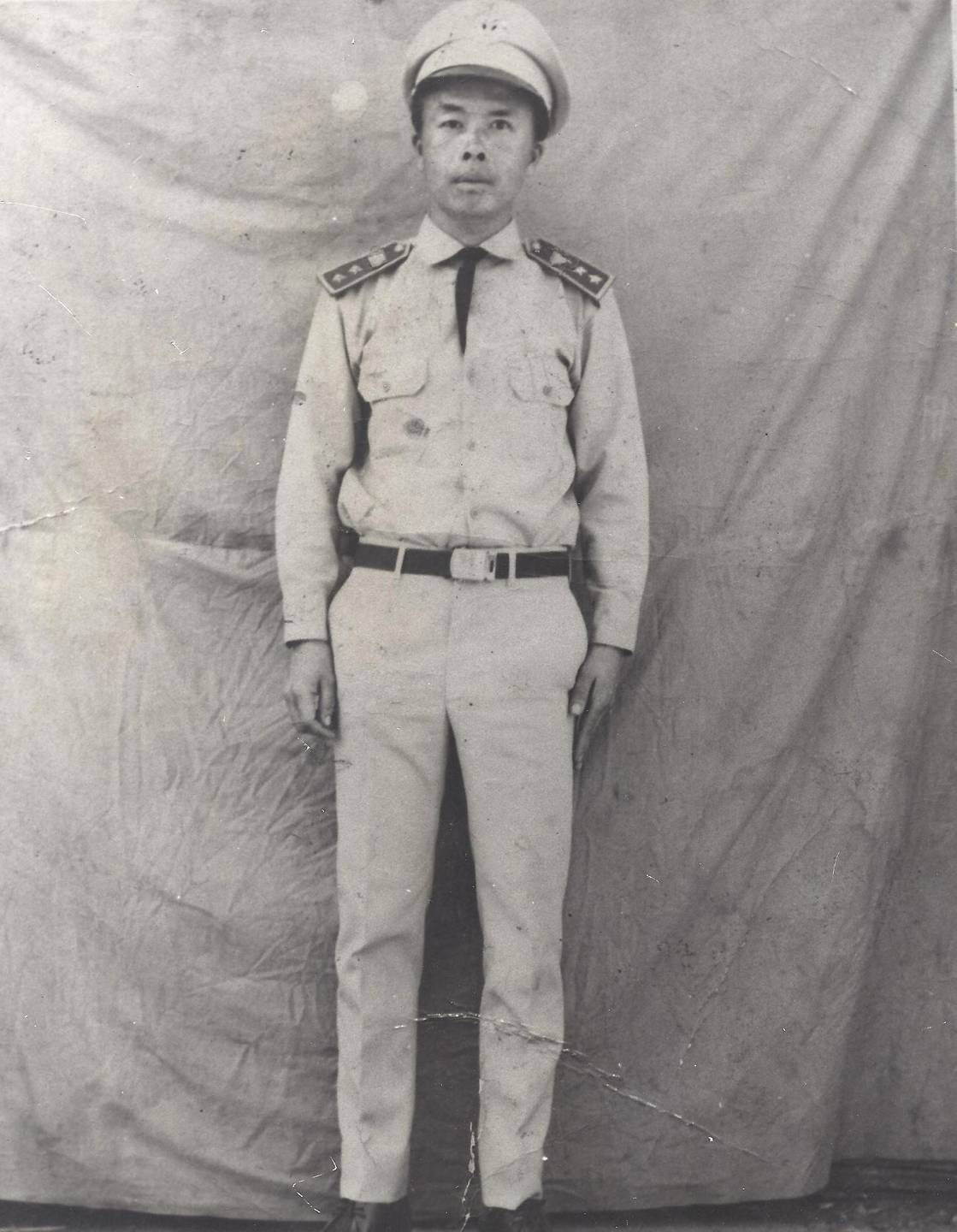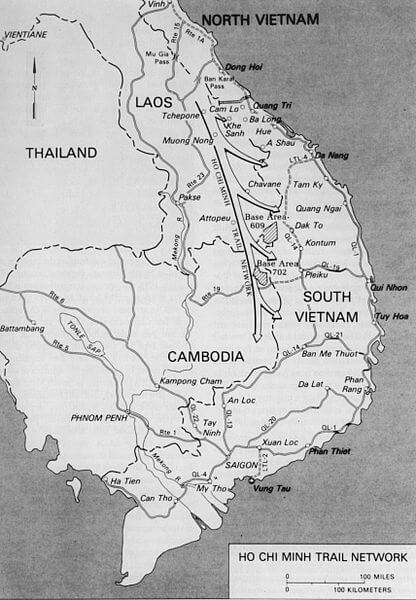
 A Minnesota PBS Initiative
A Minnesota PBS Initiative
The right to exist is worth fighting for, it’s worth dying for.
I appreciate what Minnesota Remembers Vietnam is doing. It means a lot to my parents and to my ancestors. For once, the Hmong are given the opportunity to record our own history, to tell our side of the story.
In the photo, my dad, Major Txam Xyooj, also known as Vam Xeeb Xyooj. He was part of the forces that were recruited by the CIA to disrupt communist supply lines. I don't know how we would had spelt that in the US, he had to change his name in case there were spies in the US who worked for the communists. His name was changed to Va Toua Xiong.
The fact is, if it wasn't for the US or the Vietnam War, I wouldn't be here. I would had grew up in Laos, or not exist at all. For my parents, the war was very personal. Where they came from, the Hmong were made fun of for not having a nation of their own. They were considered primitive, called “Miao” by the Chinese, “Meo” by Laotians. In Mandarin, the word miao literally means “seedlings”.

For my parents, the war was a chance to prove themselves, to be given an opportunity they never had before, to be a part of written history.
My parents told me our ancestors got used to it, the Hmong, running from one area to the next, having their history rewritten or never recorded. The homeland my ancestors come from is now known as China, the land my parents called, “Our kingdom from long ago”. After our defeat in China, we eventually migrated into different parts of Southeast Asia, my parents ended up in Laos. Many Hmong still live in China today.
From my parents’ perspective, the Hmong had been considered “seedlings”, so when the US asked our people if we could help them, they saw it as a great honor. My dad didn’t talk much about the war, when he did, he told me not all his soldiers listened. Sometimes they would goof off and leave the company, only to be found ambushed the next day. The ones who did listen, they had better chances of survival. The only story I remember him sharing was a fire fight against communist forces.
He said an American plane had been shot down, that they had to rescue the pilot. He was wounded in the fight. It knocked him out, he only remembers waking up in the hospital. I was too young and naïve, I didn’t realize I would lose my dad so soon, I never had the chance to ask him about more details. He passed away in 1998.
Time is precious; you never know when you'll lose a loved one.
A few days ago I found this page, Minnesota Remembers Vietnam, collecting stories about the Vietnam War. Excited, I called my mom to see if she has any stories. I asked her if my dad shared any details about the rescue mission.
Eventually my parents made it across the Mekong. They stayed at refugee camps from 1975 until 1980 where they finally arrived in the US.
She told me it happened in 1970, that an artillery shell knocked my dad out. His men escorted the pilot safely to their base, they then called a helicopter to have him picked up. My mom said it was actually very common, so many planes were being shot down over Laos.
She said my dad served from 1961 until 1975, often ambushing the Ho Chi Minh trail, and defending their positions against communist forces.
None of my dad’s brothers made it alive; I don’t know how they were killed, if it was during the war or after, I forgot to ask. My mom said it was chaos after the war. Once the Americans withdrew everyone was advised to flee. The Mekong River separated Laos and Thailand, they had to cross it.
My mom said some Hmong families supported the communist forces, some told the communist forces which villages supported the Americans, and this was how the chaos began.

A map of the Ho Chi Minh Trail network. Public domain courtesy of History and Museums Division, Headquarters, US Marine Corps.
Many elders couldn’t flee, they just couldn’t! Once the Americans left Laos, any village who supported the Americans was attacked.
Women would be raped by multiple soldiers and then mutilated. Infants were smashed against the ground until they died. Men had to watch the suffering, and then were beheaded, there would be no survivors. Witnesses would run away to warn the other villages.
Eventually my parents made it across the Mekong. They stayed at refugee camps from 1975 until 1980 where they finally arrived in the US. I tried to make this short, but I guess it ended up longer than expected. So many details I had to leave out.
My mom sounds like she’ll have an entire recording of information; I’ll be recording it on the voice recorder as soon as I get a chance to visit her.
All we ever wanted was a peaceful life, we supported you because we believed in you. You are the reason we are here America, don’t you ever forget this.
I lost my dad when I was too young and naïve to understand how important his stories were. I’ll do my best to record everything my mom remembers, and maybe one day share her experiences. It sounds like my dad confided in her many times, about the horrors of the war. I told my mom I had to make it quick, so I could submit this story, if there was anything she wanted to say.
I’ll translate what she said, “Can you tell the Americans how I feel? All we ever wanted was a peaceful life, we supported you because we believed in you. No nation on earth has ever helped our people, the Hmong, until you came along. There are Hmong all over the world today, more Hmong in China then anywhere else, and yet only in America do we see such a high rate of success. It’s because you gave us these opportunities, a chance to succeed. You are the reason we are here America, don’t you ever forget this.”
Story Themes: Allied Forces, Children of Veterans, CIA, Crossing The Mekong, Death and Loss, Family, Hmong, Hmong Migration, Kou Xiong, Laos, Mekong River, New Brighton, Race, Refugee, The Secret War, Txam Xyooj, Va Toua Xiong, Vam Xeeb Xyooj